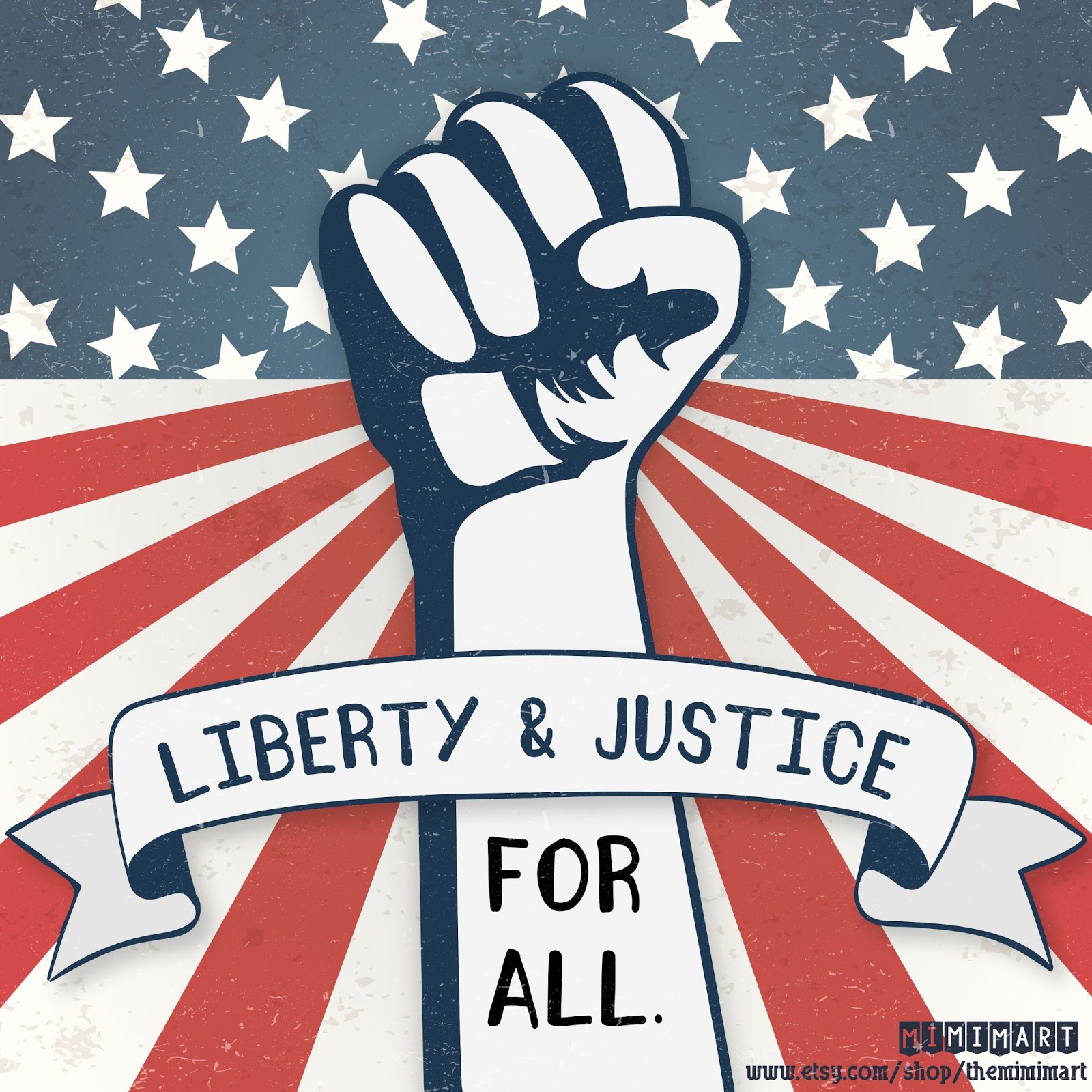Liberty and justice are not merely concepts; they are the very foundations of a free and equitable society. Together, they form a dynamic interplay that shapes our social, political, and personal lives. In a world often fraught with inequalities and injustices, the ideals of liberty and justice stand as a beacon of hope, urging individuals and communities to strive for fairness and freedom. These principles empower citizens, inspire movements, and challenge oppressive systems, reminding us that every individual deserves the right to live without fear, discrimination, or oppression.
Throughout history, the quest for liberty and justice has driven countless reformations and revolutions, leading to the establishment of democratic systems and human rights protections. From the abolition of slavery to the civil rights movement, the struggle for liberty and justice has been a relentless pursuit to define what it means to be free and just in a diverse world. It is essential to recognize that these ideals are not static; they evolve and adapt as society progresses, requiring constant vigilance and advocacy to ensure that they are upheld.
In this article, we will delve into the multifaceted relationship between liberty and justice, exploring their significance, the challenges they face, and the transformative power they hold. By examining these themes, we can better appreciate the ongoing efforts to promote liberty and justice within our communities and across the globe.
What is the Historical Significance of Liberty & Justice?
The historical significance of liberty and justice can be traced back to ancient civilizations, where philosophers like Socrates, Plato, and Aristotle laid the groundwork for ethical governance and individual rights. These ideas were further developed during the Enlightenment, giving rise to revolutionary movements that emphasized the importance of personal freedoms and equal treatment under the law.
How Have Liberty & Justice Shaped Modern Democracies?
Modern democracies are built upon the principles of liberty and justice, enshrined in constitutions and human rights documents. The Universal Declaration of Human Rights, adopted by the United Nations in 1948, serves as a guiding framework for nations to uphold the dignity and rights of all individuals. By fostering an environment where liberty and justice can thrive, societies enable citizens to participate actively in governance, challenge injustices, and advocate for systemic change.
What Challenges Do Liberty & Justice Face Today?
Despite significant advancements, the ideals of liberty and justice continue to be challenged by various factors, including authoritarian regimes, systemic racism, economic inequality, and social injustice. The rise of misinformation and technological surveillance also poses new threats to individual freedoms. As citizens, it is crucial to remain vigilant and advocate for policies that protect and promote liberty and justice for all.
How Can Individuals Promote Liberty & Justice in Their Communities?
Individuals play a vital role in advancing liberty and justice within their communities. Here are some actionable steps one can take:
- Educate Yourself and Others: Understanding the principles of liberty and justice is the first step to advocating for them. Share knowledge through community workshops, social media, or local events.
- Engage in Dialogue: Foster open discussions about social issues, encouraging diverse perspectives to create a more inclusive environment.
- Support Local Initiatives: Contribute to organizations and movements that work towards enhancing liberty and justice in your community.
- Advocate for Policy Change: Contact local representatives to express support for legislation that promotes fairness and equality.
Who Are Some Notable Figures in the Fight for Liberty & Justice?
Throughout history, numerous individuals have made significant contributions to the fight for liberty and justice. Their legacies continue to inspire new generations to uphold these values. Some notable figures include:
- Martin Luther King Jr.: A leader in the American civil rights movement who advocated for nonviolent resistance to combat racial injustice.
- Nelson Mandela: A symbol of the struggle against apartheid in South Africa, Mandela's efforts emphasized reconciliation and equality.
- Ruth Bader Ginsburg: An influential Supreme Court Justice known for her work in advancing women's rights and gender equality.
- Malala Yousafzai: An advocate for girls' education and a Nobel laureate, Malala continues to fight for the rights of children around the world.
What Role Does Education Play in Promoting Liberty & Justice?
Education is a powerful tool in promoting liberty and justice. By providing individuals with the knowledge and skills necessary to understand their rights, education empowers them to stand up against injustices. Schools and institutions that emphasize critical thinking and social responsibility play a crucial role in fostering a generation that values liberty and justice.
Conclusion: The Ongoing Journey Towards Liberty & Justice
The journey towards achieving liberty and justice is ongoing and requires collective effort. As we navigate the complexities of modern society, it is imperative to remember that liberty and justice are interwoven with our shared humanity. By advocating for these ideals, engaging in meaningful conversations, and taking action within our communities, we can work towards a world where every individual can enjoy the freedoms and rights they deserve.
Urban Edge Dance Company: A Journey Through Movement And Expression
Unveiling The IPhone Preferences Of Vtubers
Exploring The Cinematic Journey Of Lou Gossett Jr.: A Look At His Movies


